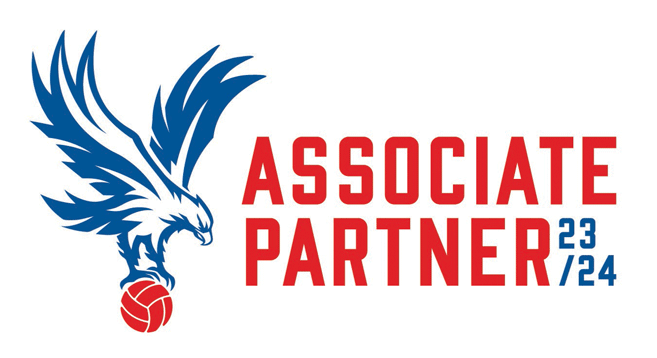Furniture company prosecuted over worker’s hand injuries
Overview of incident
A manufacturer of children’s bedroom furniture based in Rutland has been fined after a worker suffered serious hand injuries in a modified a portable dust extraction system.
The injured person suffered multiple dislocations and bone breaks in his fingers and required a series of operations. The IP is not expected to regain full use of his fingers again.
The company had modified a portable dust extraction system which would regularly become blocked. The injuries occurred after the worker used tried and tested methods of removing the blockage but unfortunately on the last occasion his hand was pulled directly into the blades of the extractor
The injured person was off work for ten months but returned to the company albeit in a different role as he no longer has the manual dexterity to undertake physical work.
Details of fine
The company pleaded guilty to breaching Section 2(1) of the Health and Safety at Work etc Act 1974 and was fined £20,000 and ordered to pay £4,449 in costs.
Injured Person(s)
46-year-old employee
Company Involved
Belvoir Associates Ltd
Location
Rutland, East Midlands, England
Court
Leicester Magistrates’ Court
Quotes
This incident was foreseeable and preventable. As soon as the unit was converted, several significant risks resulted. It was, in effect, a Heath Robinson arrangement of domestic pipe fittings, flexible hoses and duct tape, none of which constituted the provision of fixed guards.
The use of domestic pipe fittings created an obvious place for blockages to occur and using the machine to vacuum not only wood dust but also solid wood waste and off-cuts, as well as general debris from the floor, increased the risk of blockage considerably.
Belvoir Associates failed to see any of the potential dangers arising from the new use of the unit because it neglected to properly judge the risks. It also failed to act once it became aware of the blockages in the machinery and instead left individual operators to unblock the unit resulting in the development of unsafe methods. – HSE inspector David Lefever











Comments are closed.